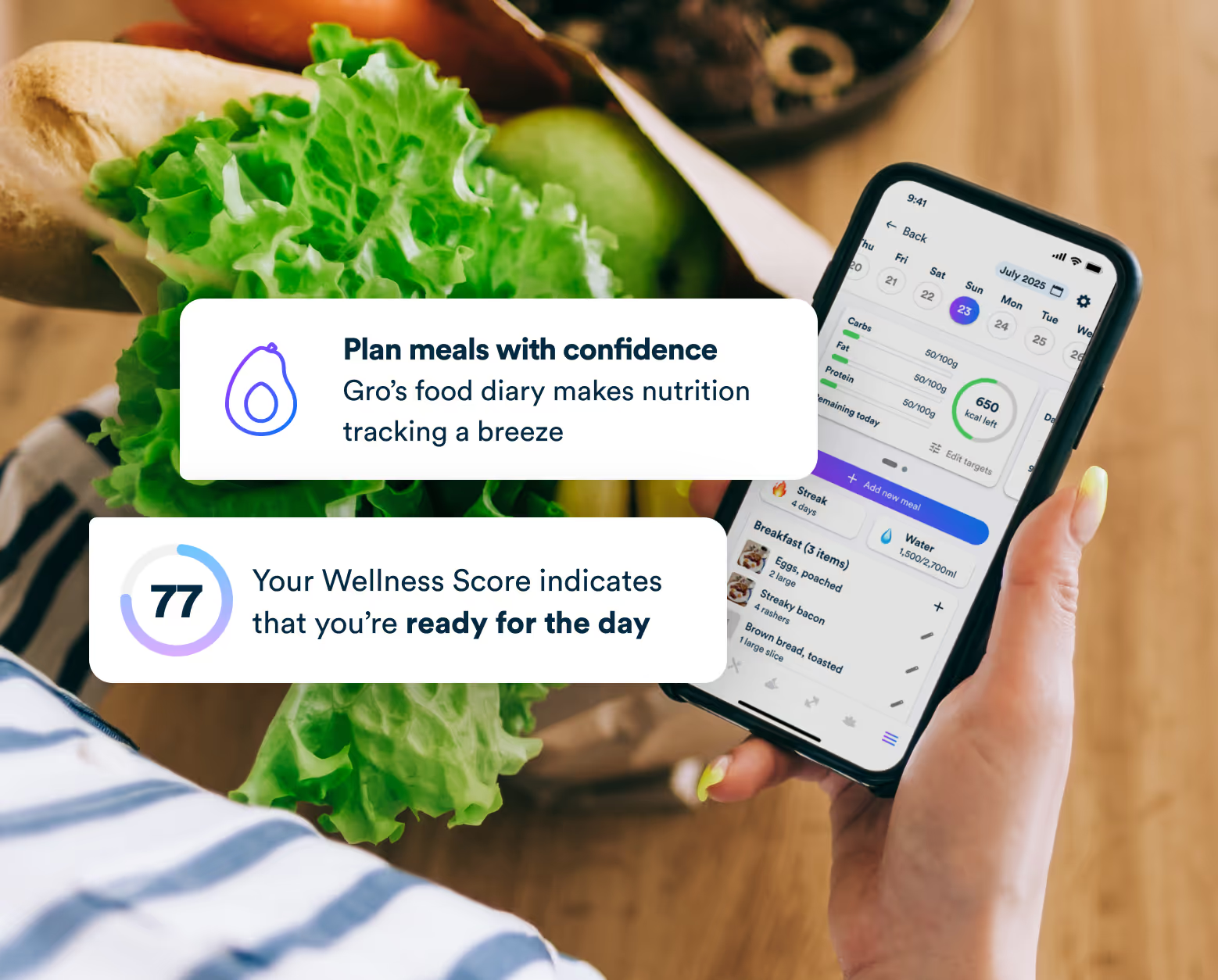In a world where work, friends and family take priority we can easily forget about our own health and wellbeing. Self-care is something we don’t practice very often but this doesn’t mean we should overlook its importance.
What is self-care?
If we asked you to think about your idea of ‘self-care’ what sort of image would come to mind? Maybe something that involves bubble baths, face masks and candles? Self-care is much more than just pampering ourselves, it involves making decisions that will benefit our mental, emotional and physical wellbeing. It can be anything from remembering to brush your teeth in the morning to challenging yourself to hike up a mountain.
Self-care is something that’s personal to you and your needs. What you find useful others may not, so it’s about discovering what works best for you.
Isn’t self-care just being selfish?
There’s a common misconception that thinking of ourselves means we are being selfish. But this isn't the case, looking after ourselves puts us in a better position to look after other people. It can make us happier parents and more productive work colleagues.
Self-care also doesn’t mean indulging on whatever we fancy. Eating those sugary biscuits or drinking that bottle of wine may feel good in the short-term but can lead you to develop chronic, long-term health conditions. ‘Retail therapy’ is also widely popularised as a way to feel better, but spending excessive amounts of money can lead to financial worries so it might end up having the opposite effect.
What are the benefits of practicing regular self-care?
- Improves your mood and helps you feel good
- Reduces stress and helps you feel more relaxed
- Helps you to feel more organised and in control so you feel less overwhelmed
- Helps to maintain good relationships with others
- Improves self-awareness – by paying attention to our needs we can sense when something isn’t right and act upon it. A good example of this is making a doctors appointment if we're feeling unwell.
Here are some suggestions:
Set aside some ‘me time’
This could be for an hour or two each day, it could include watching your favourite film or TV series, doing some reading or practicing a hobby
Get outside
Try to go outside for a walk at least once a day. Walking has many proven health benefits including helping to regulate blood glucose levels and reducing the risk of depression.
Unplug the gadgets
Sometimes we can feel glued to our phones. Take a break from social media and try not to check your emails or messages.
Learn to say ‘no’
This is something that many of us find difficult, but it doesn't have to be to everything. Accepting invitations from friends can help us feel less isolated but it's about recognising when you start to feel overwhelmed.
Keep a diary
Diaries are a good option for keeping track of weekly commitments but you could also use them to write down your thoughts to clear your mind.


